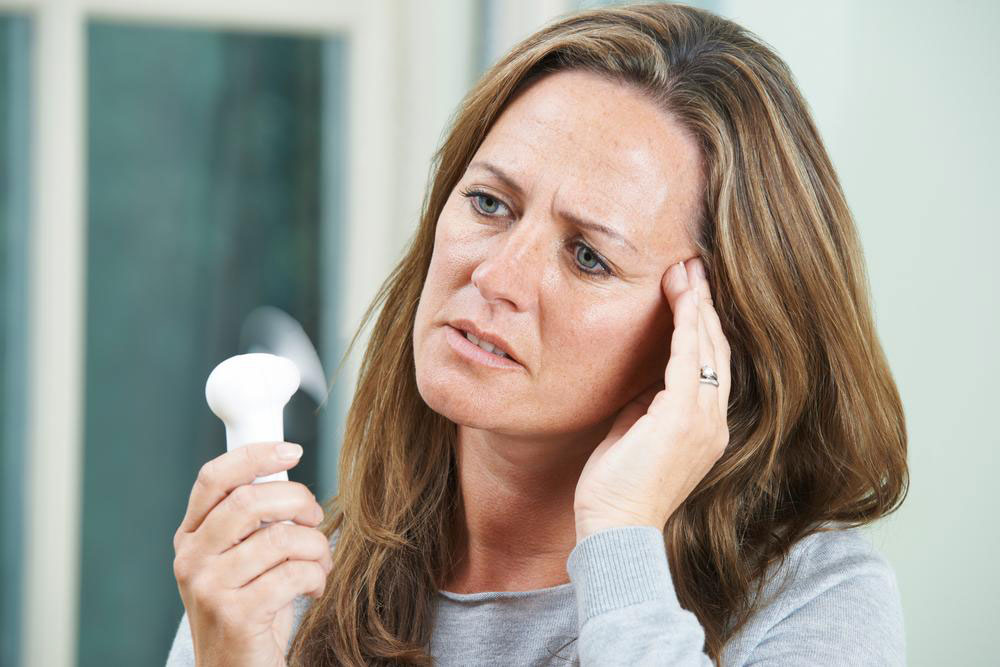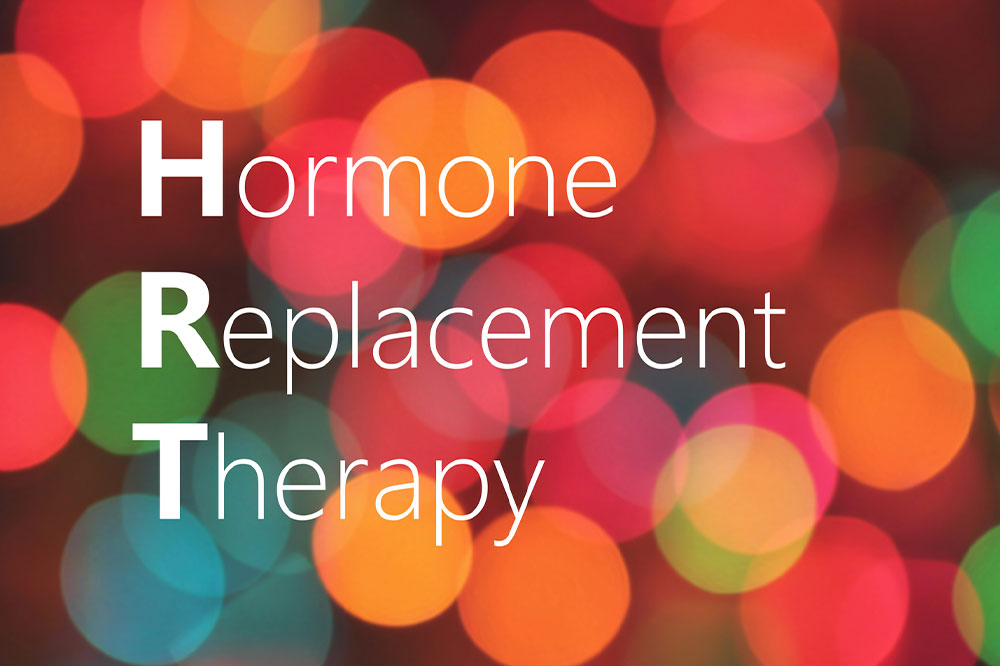Comprehensive Guide to Early-Onset Menopause: Causes, Symptoms, and Management
This comprehensive article explores early-onset menopause, detailing its causes, symptoms, and management strategies. It highlights the importance of recognizing early signs, understanding influencing factors like lifestyle and medical history, and adopting a holistic approach to health and well-being. The guide aims to educate women on navigating early menopause effectively, emphasizing the importance of timely medical consultation and lifestyle adjustments to maintain quality of life and prevent associated health risks.

Comprehensive Guide to Early-Onset Menopause: Causes, Symptoms, and Management
Early-onset menopause is a condition characterized by the premature cessation of menstrual cycles, typically occurring before the age of 45. Unlike natural menopause that usually happens around the age of 50, early menopause can be sudden or gradual, often catching women off guard due to unexpected changes in their body. Recognizing the signs and understanding the underlying causes is vital for managing symptoms effectively and maintaining overall health.
One of the earliest indicators of early menopause is irregular periods. Women may notice their menstrual cycles becoming inconsistent—intervals between periods lengthening, shortening, or becoming unpredictable. These hormonal fluctuations disrupt normal ovulation, leading to changes in cycle length, flow intensity, and pattern. Sometimes, women won't notice until they experience other symptoms, or their periods suddenly stop altogether. It’s important to note that the timing of early or late menstruation episodes does not necessarily predict menopause's onset, but irregular patterns warrant medical advice. Moreover, postmenopausal bleeding—bleeding occurring after menopause—should be evaluated promptly by a healthcare professional, as it can indicate underlying health issues.
Hot flashes are one of the hallmark symptoms associated with early menopause. These episodes often originate in the neck, face, or back and subsequently spread through the body, lasting from a brief 20 seconds to as long as ten minutes. During hot flashes, many women experience visible red patches on their skin, resembling flushing. Night sweats are also common, leading to disturbed sleep quality. Fortunately, for many women, these vasomotor symptoms tend to diminish within one to two years, and their severity often lessens with regular physical activity. Interestingly, physically active women report milder symptoms, and some women experience no symptoms at all, with menopause occurring abruptly without warning.
Understanding that menopause timing—whether early or late—is not influenced by the age of menarche (onset of menstruation) is crucial. However, certain factors can accelerate menopause onset. For instance, lifestyle choices such as smoking significantly hasten ovarian aging, culminating in earlier menopause. Medical interventions like surgeries—specifically, radical hysterectomy combined with ovary removal—cause surgical menopause, characterized by immediate cessation of ovarian function. Conversely, removal of just the uterus does not induce menopause as long as the ovaries remain intact.
In addition to the physical symptoms, hormonal fluctuations during early menopause can impact sexual health, leading to vaginal dryness, discomfort or pain during intercourse, and decreased vaginal elasticity. These changes can affect intimacy and overall quality of life. Other symptoms include breast soreness, dizziness, rapid heartbeat (heart palpitations), urinary incontinence, and mood swings. Psychological issues often accompany these physical symptoms; many women report experiencing anxiety, depression, forgetfulness, and sleep disturbances like insomnia.
Although symptoms can seem overwhelming, lifestyle modifications—such as regular exercise, a balanced diet, and stress management—often help alleviate discomfort. Maintaining fitness and mental health through relaxation techniques or counseling can also prove beneficial. In many cases, medical intervention is not necessary unless symptoms are severe or significantly impair daily life. Hormone replacement therapy (HRT) may be considered in some women under strict medical supervision, especially for managing vasomotor symptoms or preventing osteoporosis.
Surgical menopause occurs when treatments like oophorectomy (ovary removal) or other gynecological surgeries are performed, leading to a sudden halt in ovarian hormone production. This kind of menopause is more abrupt and may require specialized management strategies. Conversely, natural menopause results from the gradual depletion of ovarian follicles and does not involve surgical intervention.
Several medical conditions and lifestyle factors contribute to early menopause. Smoking is a well-known accelerant, leading to earlier ovarian failure. Premature ovarian failure (POF), also known as primary ovarian insufficiency, can occur idiopathically—that is, without a clear cause—or due to genetic factors, autoimmune disorders, or medical treatments like chemotherapy and radiotherapy. Chronic illnesses such as diabetes, hypothyroidism, or syndromes like Turner’s syndrome also play roles in advancing menopause. Additionally, health conditions affecting the ovaries may cause early ovarian aging, and genetic predispositions can influence this process.
Early menopause carries potential health risks, including increased susceptibility to osteoporosis, cardiovascular disease, and mental health issues. Therefore, early diagnosis and comprehensive management are crucial. Regular medical check-ups, hormone assessments, and customized health plans can help women adapt and maintain their quality of life. Lifestyle adjustments, including a nutritious diet rich in calcium and vitamin D, weight management, and physical activity, foster bone health and cardiovascular wellness. Psychological support or counseling can assist women experiencing mood swings or depression related to hormonal shifts.
In summary, early-onset menopause is a complex condition influenced by genetic, health-related, and lifestyle factors. Recognizing early symptoms and seeking timely medical advice empowers women to manage their health proactively. While menopause is a natural biological process, understanding the variations and challenges associated with early menopause allows women to make informed decisions about their wellness and treatment options. Emphasizing a holistic approach that combines lifestyle modifications with appropriate medical intervention can significantly improve outcomes and quality of life for women experiencing early menopause.





